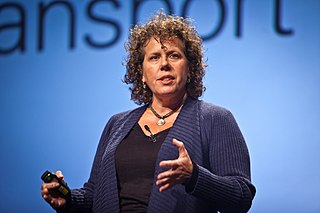A Quote by Mark Zuckerberg
When I'm introspective about the last few years I think the biggest mistake that we made, as a company, is betting too much on HTML5 as opposed to native... because it just wasn't there. And it's not that HTML5 is bad. I'm actually, on long-term, really excited about it. One of the things that's interesting is we actually have more people on a daily basis using mobile Web Facebook than we have using our iOS or Android apps combined. So mobile Web is a big thing for us.
Quote Topics
About
Actually
Android
Apps
Bad
Basis
Because
Betting
Big
Big Thing
Biggest
Biggest Mistake
Combined
Company
Daily
Daily Basis
Excited
Facebook
Few
Interesting
Introspective
Ios
Just
Last
Last Few Years
Long
Long-Term
Made
Mistake
Mobile
More
More People
Much
Native
One Of The Things
Opposed
Our
People
Really
Term
Than
Thing
Things
Think
Too
Too Much
Us
Using
Web
Years
Related Quotes
The biggest mistake, in general, I've made, is to put too much of a weighting on someone's talent and not enough on their personality. And I've made that mistake several times. I think it actually matters whether somebody has a good heart, it really does. I've made the mistake of thinking that it's sometimes just about the brain.
I'm excited about mobile; clearly that's important. Mobile devices are kind of at the opposite end of PCs, in that PCs are pretty open and you can do a fair amount with them, but many mobile devices aren't. We're excited at the idea that we can make the same kind of contribution in the mobile space. So that's one thing coming down the pike.
































